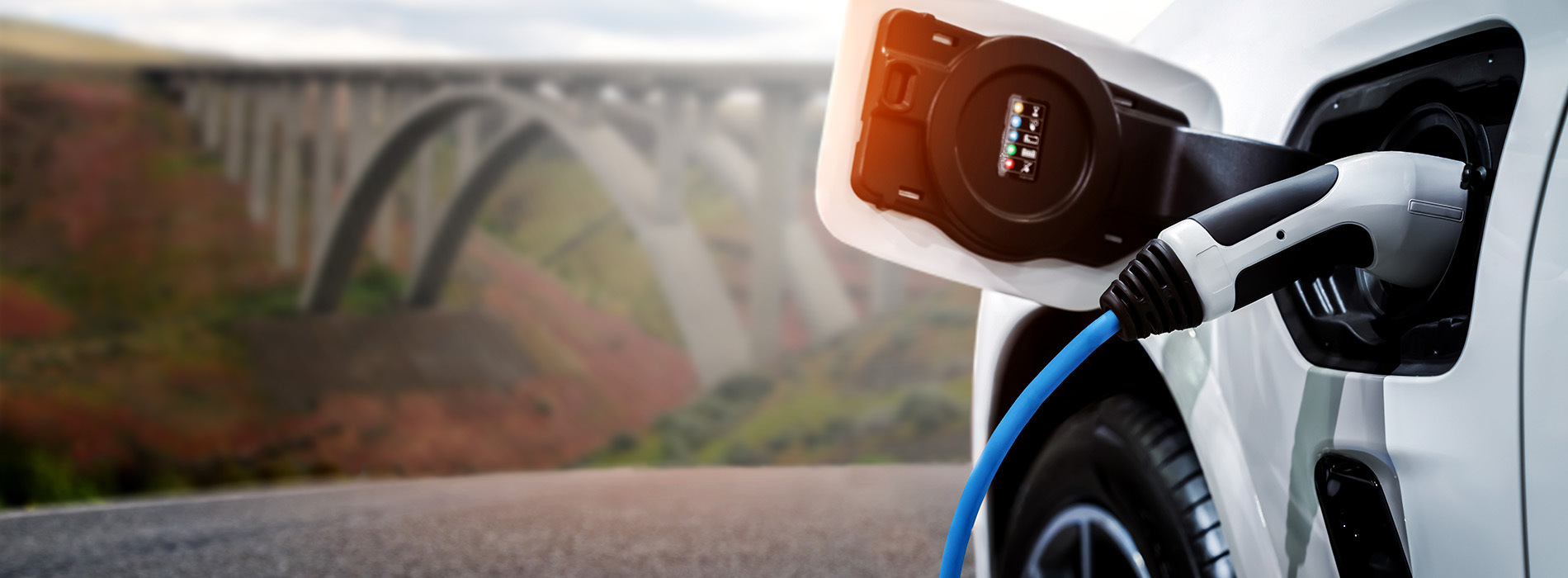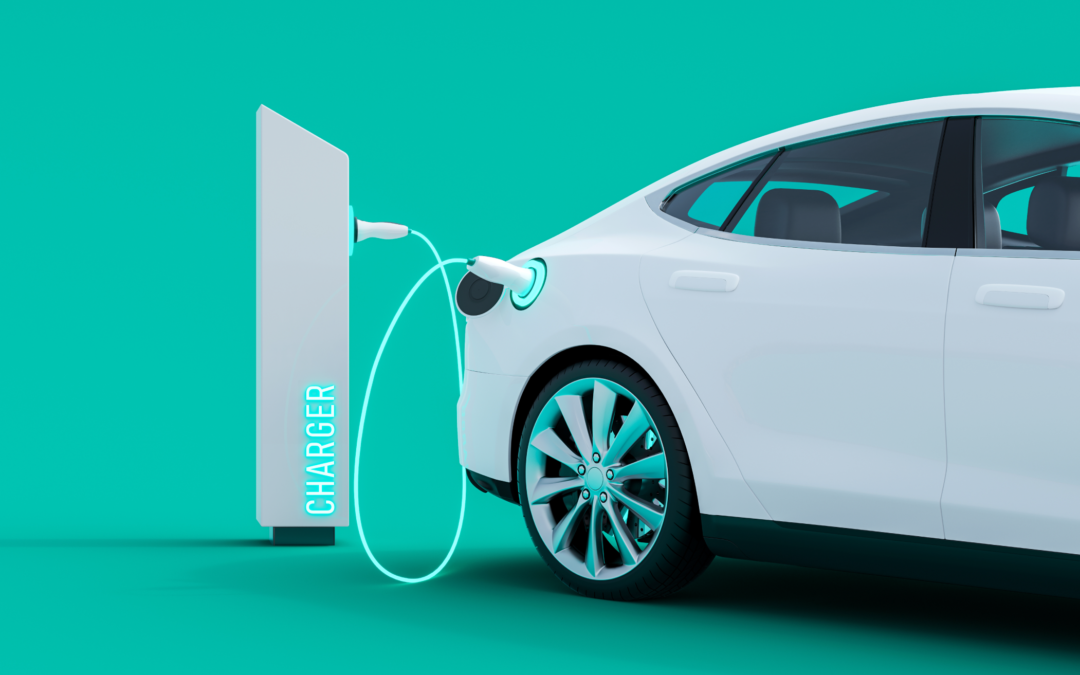What’s Driving the Growth of EV Infrastructure? Buy EV Charging news for Key Updates
What’s Driving the Growth of EV Infrastructure? Buy EV Charging news for Key Updates
Blog Article
Leading EV Charging News: Trick Updates on Facilities and Advancement

Current Improvements in Fast-Charging Technology
In addition, advancements in battery modern technology, consisting of enhanced thermal management systems and greater power thickness batteries, complement fast-charging abilities. These growths reduce the danger of battery destruction throughout fast charging, ensuring long life and performance for EV owners.
In addition, the assimilation of clever charging solutions is boosting individual experience, making it possible for real-time surveillance and vibrant rates designs. EV Charging news. This versatility allows chauffeurs to maximize charging expenses and times based upon grid demand
As car manufacturers continue to buy fast-charging networks, the partnership in between sector stakeholders is critical. Partnerships between billing terminal service providers and vehicle producers are paving the way for considerable insurance coverage, eventually promoting a more robust EV ecosystem. These developments are crucial in supporting the shift to sustainable transportation.
Federal Government Initiatives for Charging Growth
Government campaigns play a vital function in the expansion of electric automobile (EV) charging infrastructure, helping with the transition to lasting transportation. Various government and state programs are being carried out to improve billing ease of access, lower the economic burden on consumers, and advertise the fostering of electric vehicles.
Significantly, the U.S. government has assigned substantial financing via the Facilities Investment and Jobs Act, which allocates $7.5 billion for EV charging network development throughout the country. This funding is aimed at deploying hundreds of new charging terminals, particularly in underserved areas, thereby dealing with range anxiety amongst potential EV purchasers.
In addition, numerous states are passing legislation to improve the permitting procedure for billing terminal setups, which is vital for increasing release. Motivations such as tax obligation credit histories and refunds for both customers and businesses are likewise being presented to urge the installation of billing facilities.
Moreover, public-private collaborations are increasingly coming to be a focus, leveraging exclusive investment to match federal government funding. These initiatives underscore a collaborative strategy important for building a efficient and detailed EV charging network, eventually adding to a greener and even more lasting future.
Cutting-edge Battery Solutions Enhancing Performance
Transforming the landscape of electric vehicle (EV) innovation, ingenious battery solutions are considerably enhancing effectiveness and efficiency. Developments in battery chemistry, specifically with lithium-sulfur and solid-state batteries, are leading to raised power density, which permits longer arrays and faster charging times. These brand-new battery types have the prospective to outshine typical lithium-ion batteries by providing higher capacities while decreasing weight, consequently boosting overall vehicle efficiency.
In addition, advancements in battery management systems (BMS) are enhancing power usage and expanding battery life-span. Intelligent formulas keep track of battery health you can look here and performance, making it possible for real-time changes to billing and releasing processes. This not only boosts the efficiency of the battery however additionally ensures a much more reputable and lasting energy source for EVs.
Moreover, the integration of recycling technologies is resolving the ecological impact of battery production and disposal. Technologies in second-life applications for EV batteries are promoting their use in energy storage systems, contributing to a circular economy.
As these innovative battery solutions proceed to develop, they promise to transform the EV market, making electrical cars a lot more enticing and accessible to a broader target market while sustaining worldwide sustainability goals.

Collaboration In Between Automakers and Billing Networks
Acknowledging the critical demand for a durable billing facilities, car see this here manufacturers are increasingly working together with billing network carriers to boost the EV possession experience (EV Charging news). These partnerships intend to produce a seamless billing community that profits consumers and sustains the shift to electrical cars
Significant vehicle brand names are signing up with forces with established billing networks to broaden their charging station coverage, making certain vehicle drivers have access to practical and dependable charging alternatives. As an example, partnerships with networks like ChargePoint and Electrify America enable automakers to integrate billing services directly into their lorries' navigating systems, guiding customers to the nearby terminals and offering real-time availability updates.
Furthermore, these collaborations usually result in the development of fast-charging modern technologies that dramatically minimize the moment required to recharge an EV. By pooling sources and expertise, car manufacturers and billing networks can introduce quicker, creating services that satisfy the growing need for electrical movement.
On top of that, joint initiatives may additionally cause more standard billing methods, which can relieve customer complication and advertise wider EV fostering. Generally, these calculated partnerships are essential in constructing a effective and user-friendly charging infrastructure that satisfies the needs of an increasing electric automobile market.
Difficulties Encountering EV Charging Framework
As the electric lorry market remains to expand, numerous difficulties are appearing that prevent the growth of a comprehensive billing infrastructure. Among the key barriers is the inadequate number of charging stations, particularly in rural and underserved urban areas. This gap develops range stress and anxiety amongst potential EV purchasers, hindering them from making the button.
Additionally, the absence of standardization in billing innovation makes complex the facilities landscape. Variations in plug types and billing speeds can create complication for customers and increase functional complexities for charging network drivers.
Another pushing concern is the high expense associated with the installment and upkeep of charging terminals, which can be an obstacle for both private companies and public entities. Regulative difficulties and learn this here now zoning restrictions can delay the implementation of billing framework, impeding development in expanding essential solutions. Addressing these difficulties will be essential for promoting a robust EV environment that supports the transition to sustainable transportation.
Verdict
Finally, the continuous innovations in EV billing technology, sustained by significant federal government initiatives and innovative battery options, are vital for the growth and effectiveness of electrical car framework. Collaborations in between automakers and charging service providers even more improve terminal insurance coverage, dealing with the growing need for accessible billing alternatives. In spite of challenges that continue within the EV billing landscape, these developments indicate a positive trajectory towards an extra sustainable and reliable electric vehicle ecological community.
Advancements in charging infrastructure have actually led to the development of ultra-fast battery chargers capable of providing up to 350 kW of power, substantially decreasing charging times. Variants in plug types and charging rates can develop confusion for customers and increase functional intricacies for billing network operators.In final thought, the ongoing improvements in EV billing technology, supported by significant federal government efforts and cutting-edge battery options, are vital for the expansion and effectiveness of electrical lorry facilities. Cooperations between car manufacturers and billing service providers additionally improve terminal coverage, addressing the growing need for available charging options. In spite of difficulties that linger within the EV charging landscape, these developments represent a positive trajectory in the direction of a much more sustainable and reliable electric automobile environment.
Report this page